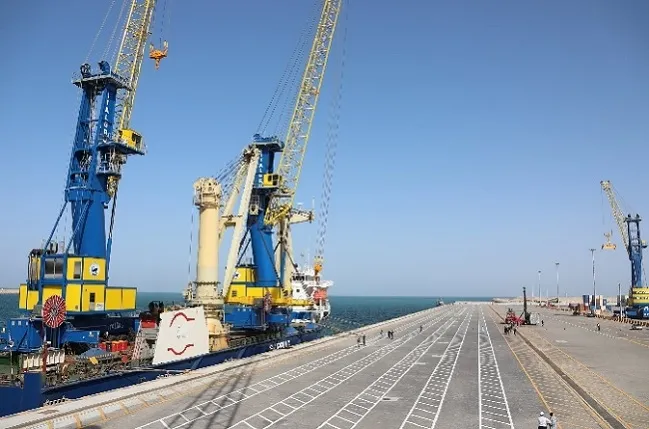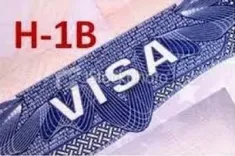What Are the Implications of the US Sanctions on the Chabahar Port Project?

Synopsis
Key Takeaways
- India is reassessing the US sanctions waiver revocation.
- Chabahar port is crucial for trade with Afghanistan and Central Asia.
- The US aims to exert more pressure on Iran.
- India's investments could face significant challenges.
- Strategic connectivity is a key focus for India.
New Delhi, Sep 19 (NationPress) India is currently assessing the repercussions of the Trump administration's decision to withdraw the US sanctions waiver concerning the Chabahar port initiative in Iran, where India plays a significant role.
"We have observed the US press release regarding the withdrawal of the sanctions waiver for Chabahar Port. We are actively evaluating its implications for India," stated MEA spokesperson Randhir Jaiswal during a media briefing on Friday.
The United States has announced its plan to revoke the sanctions exemption for activities at Iran's Chabahar Port, which was initially established in 2018. According to a statement from the US Department of State, this decision will expose entities involved in port operations to potential penalties under the Iran Freedom and Counter-Proliferation Act (IFCA). This action is part of the Trump administration’s effort to intensify pressure on Iran amid escalating tensions in the Middle East.
The US's decision to remove sanctions exemptions for the Chabahar Port, a project India is developing for strategic connectivity, has posed a setback for New Delhi. The development of Chabahar port in Iran was designed to create a trade route that would bypass Pakistan and reach Afghanistan and Central Asia for commerce and humanitarian assistance. Additionally, the port acts as a vital counterbalance to China's growing influence in the region, exemplified by the development of the Gwadar port in Pakistan's Balochistan province.
Beginning on September 29, entities operating at the Chabahar Port and involved in related activities will face sanctions under the US IFCA.
In 2018, the United States granted a sanctions waiver that permitted India to advance the development of Chabahar, recognizing its potential role in Afghanistan's economic growth. However, the geopolitical landscape has shifted since the fall of the US-backed Afghan government in 2021 and the Taliban's rise to power.
Earlier this May, India and Iran finalized a long-term agreement regarding Chabahar Port operations. Under this arrangement, India pledged to provide $250 million in credit facilities to foster infrastructure development at the strategically located port along the Gulf of Oman.
India and Iran were also strategizing to connect the Chabahar port to the broader Iranian railway network through a 700 km rail line leading to the city of Zahedan, with expected completion by mid-2026.








